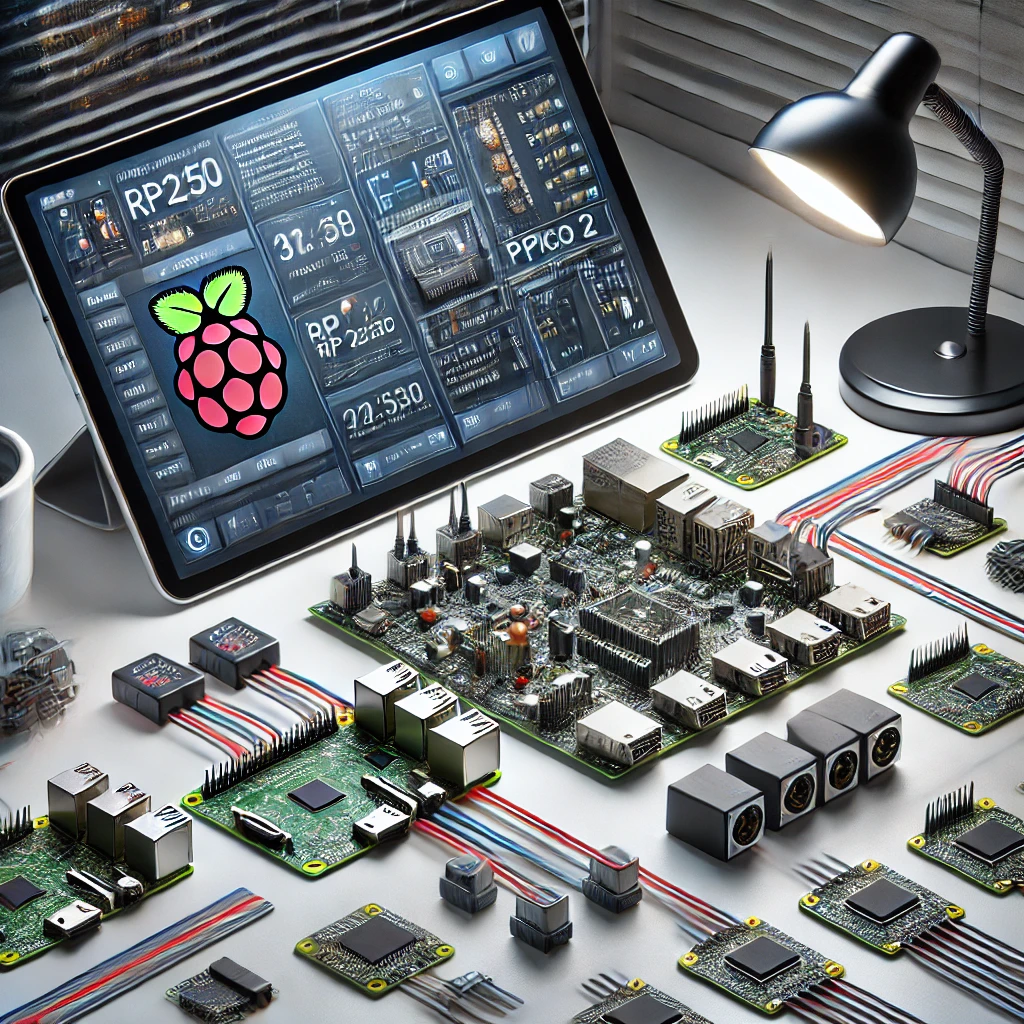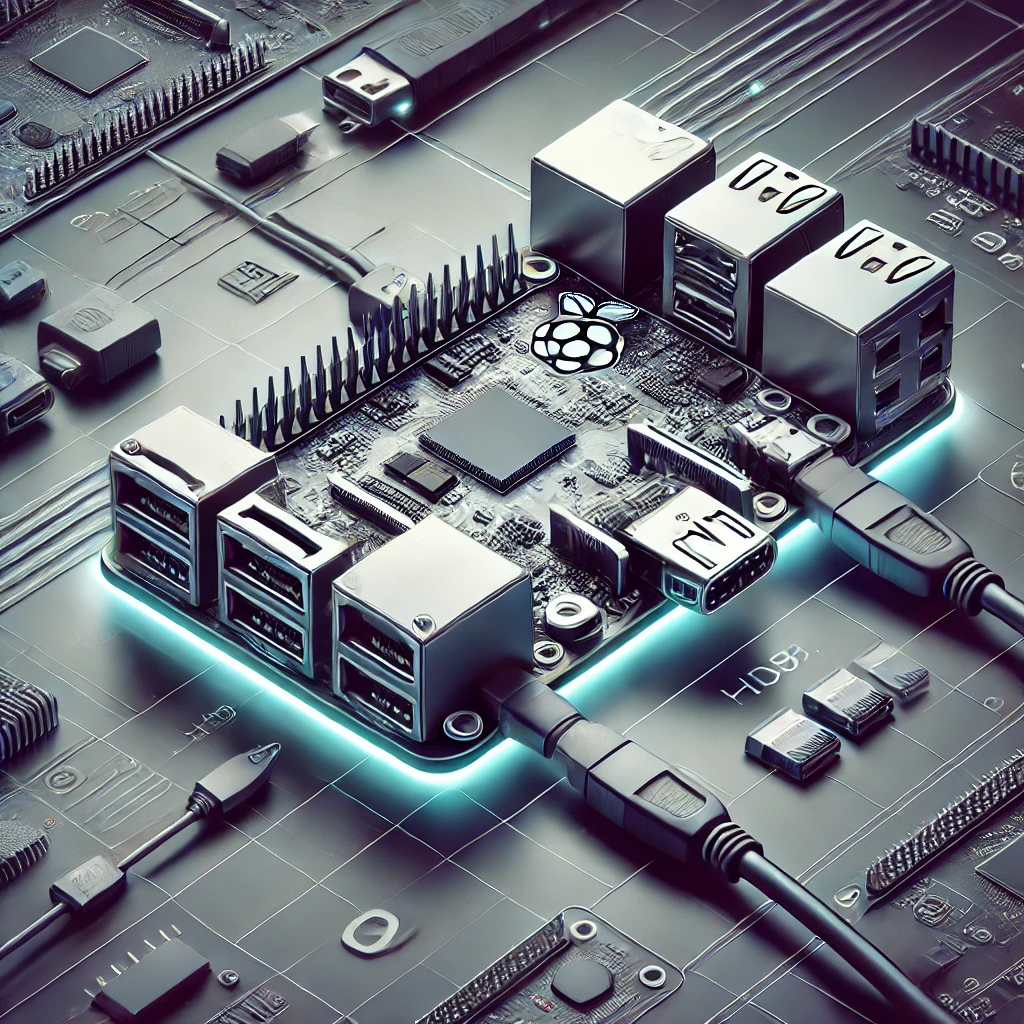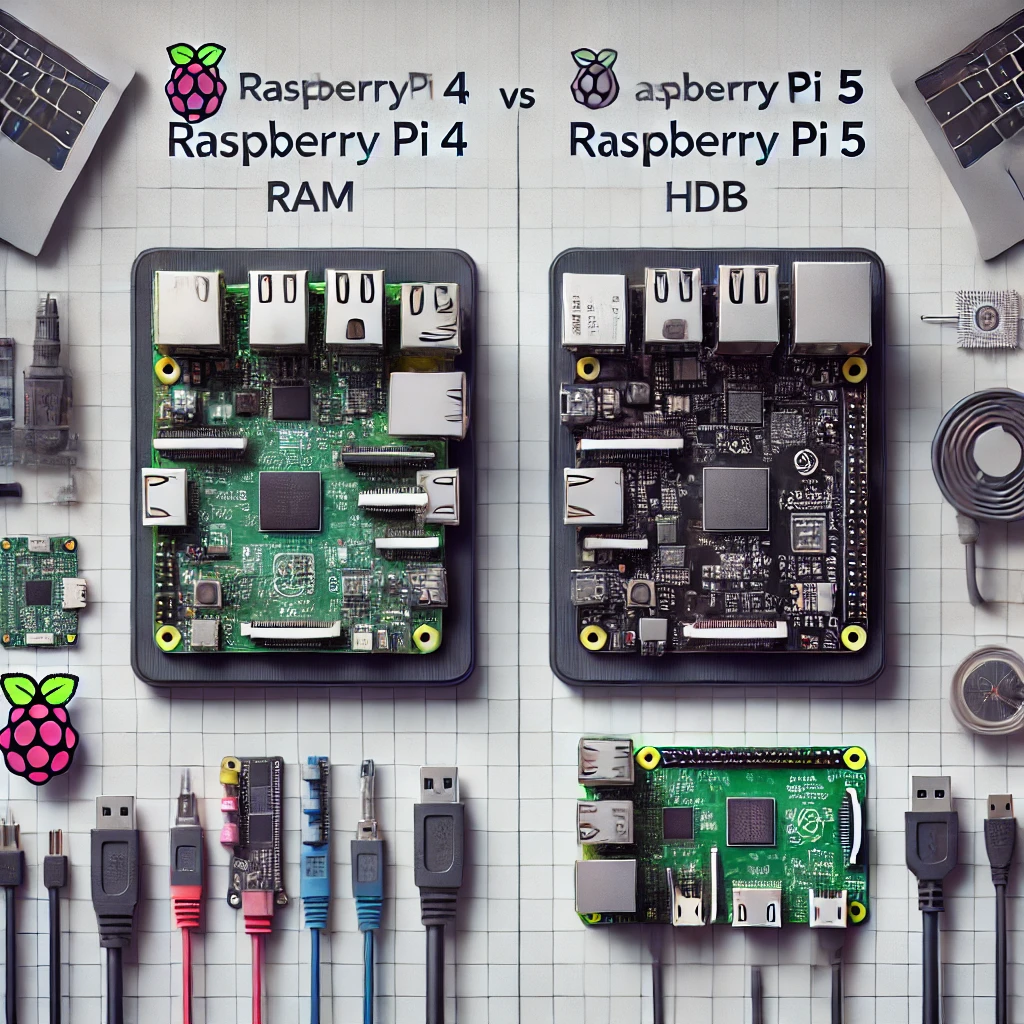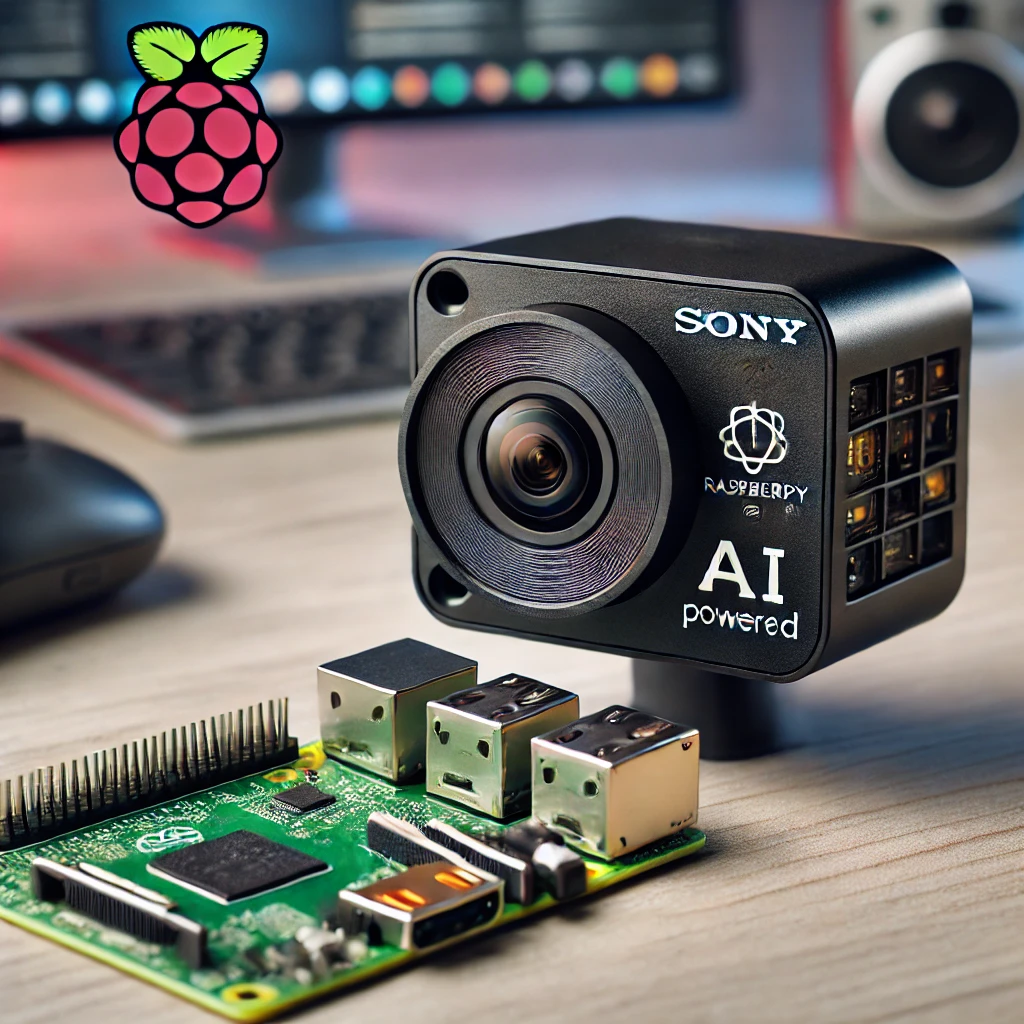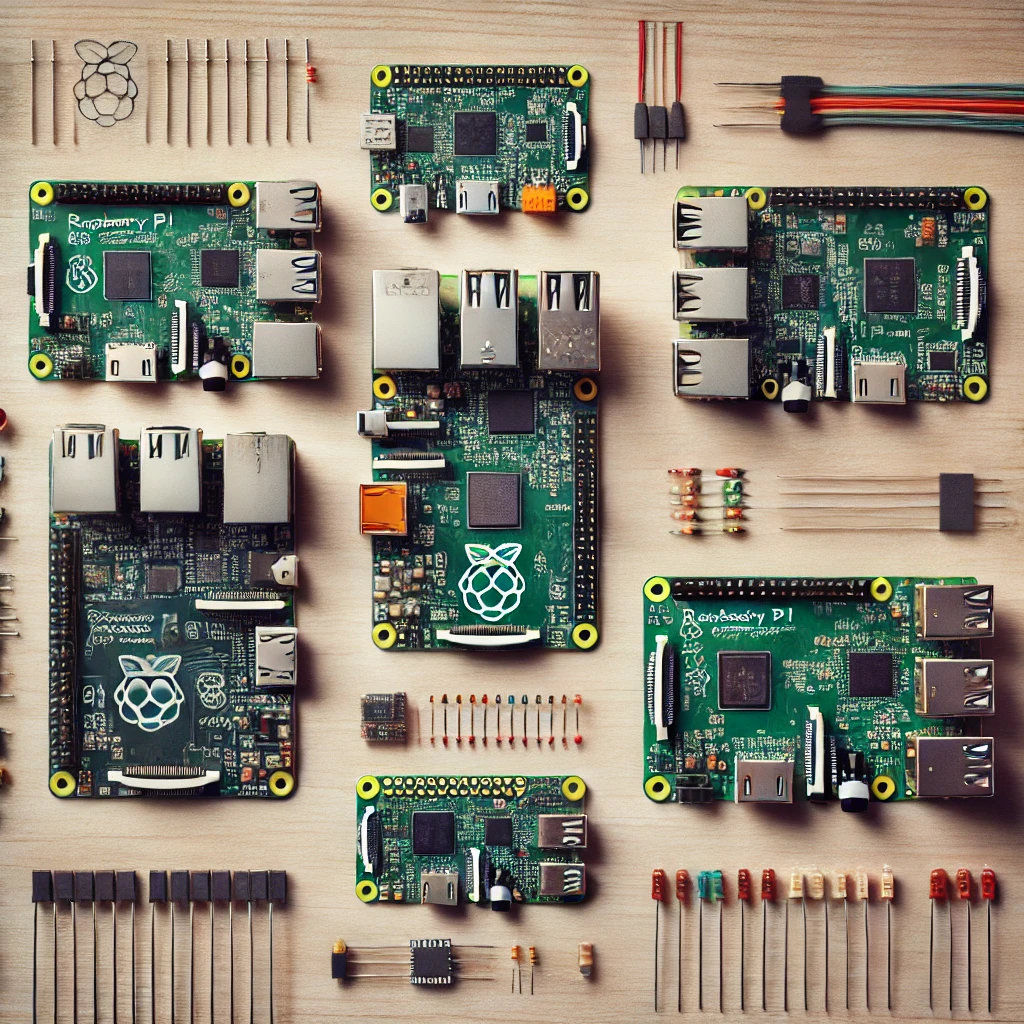Raspberry Pi microcontroller sales rise by 31% in 2024, driven by the successful launches of the RP2350 and Pi Pico 2, meeting growing market demand.
Raspberry Pi’s microcontroller segment has experienced impressive growth in 2024, with sales increasing by 31% compared to the previous year. This surge is largely attributed to the successful launches of the RP2350 and Pi Pico 2, which have broadened the company’s reach into the microcontroller market, attracting both hobbyists and professional developers.
The Impact of RP2350 and Pi Pico 2 on Market Expansion:
The RP2350 and Pi Pico 2 have significantly contributed to Raspberry Pi’s growth in the microcontroller market. The RP2350 offers enhanced processing power, more efficient energy consumption, and additional connectivity options, making it ideal for advanced IoT and automation projects. Meanwhile, the Pi Pico 2 builds on the original Pi Pico’s success, maintaining affordability while offering greater versatility, allowing it to cater to a wide range of applications.
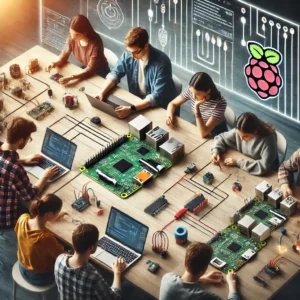
Raspberry Pi’s Role in the Growing Microcontroller Market:
As the Internet of Things (IoT) continues to expand, the demand for affordable, versatile microcontrollers has risen. Raspberry Pi has positioned itself as a leader in this space, thanks to its cost-effective solutions, extensive community support, and the ease with which users can integrate these microcontrollers into their projects. The company’s strong focus on documentation, tutorials, and resources has made its microcontrollers more accessible to newcomers, further driving sales.
Applications Across Various Sectors:
Raspberry Pi microcontrollers are not only popular among hobbyists but have also been widely adopted in educational settings, offering a practical way for students to learn about programming, electronics, and embedded systems. In the professional sector, developers use Raspberry Pi microcontrollers for prototyping, product development, and industrial automation, thanks to their reliability and versatility.
Future Prospects and Expansion Plans:
Raspberry Pi’s success with the RP2350 and Pi Pico 2 suggests that the company will continue to expand its microcontroller offerings. The growing interest in IoT, smart devices, and automation means that demand for versatile, low-cost microcontrollers will likely continue, positioning Raspberry Pi for further growth in this segment.
The surge in microcontroller sales demonstrates Raspberry Pi’s ability to innovate and adapt to market trends. With the RP2350 and Pi Pico 2 leading this growth, Raspberry Pi is well-positioned to remain a dominant player in the microcontroller market.

